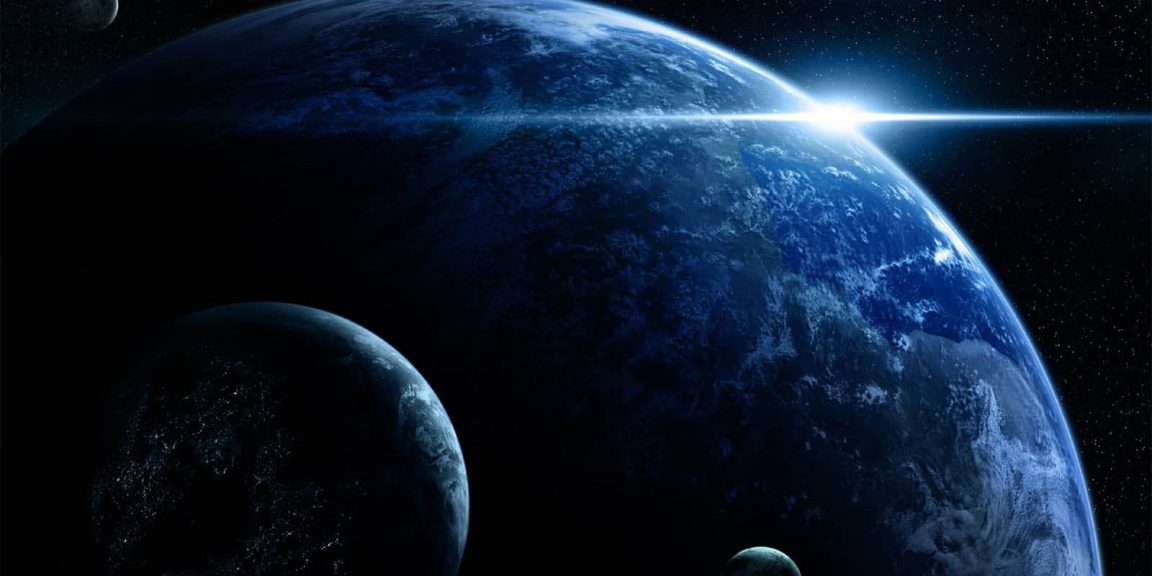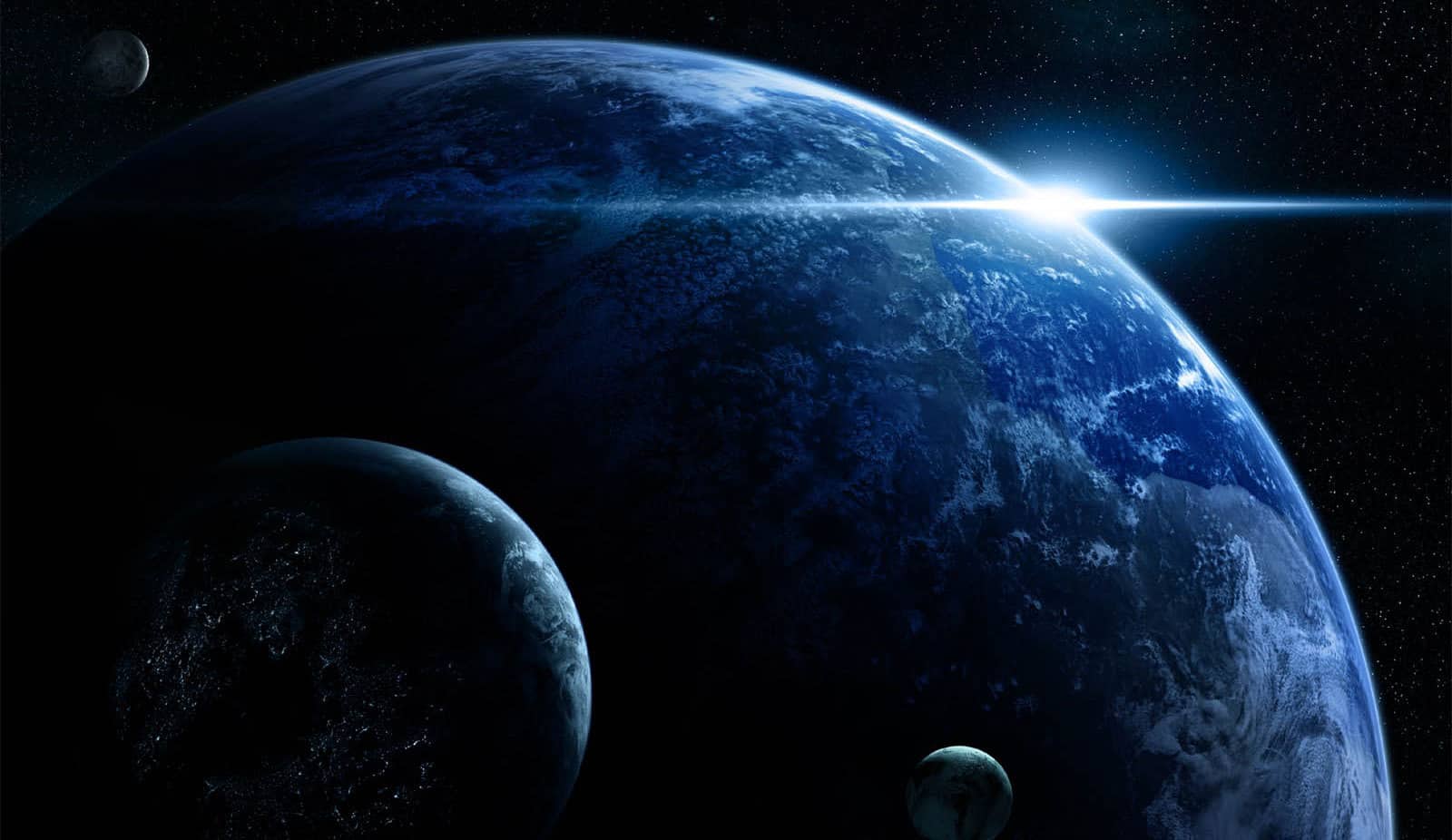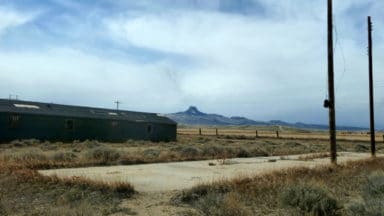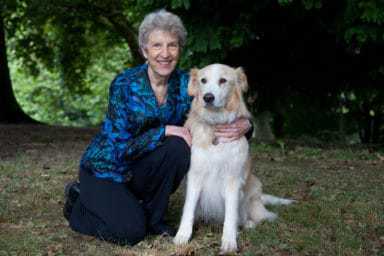The subtitle of my book, An Uncommon Cancer Journey, is The Cosmic Kick That Healed Our Lives. This phrase comes from a remark that my husband, Jack Hardesty, made about his gratitude for developing cancer. He called it his “Cosmic kick in the ass.” It sounds astonishing that anyone would think of cancer with gratitude. And it can surely be a terrible tragedy. But to Jack it was a blessing because it forced him to wake up.
What does it take to wake us up?
Phillip Simmons in his book Learning to Fall wrote, “We’re stubborn creatures, and it takes a shock to make us see our lives afresh.” In his case it was his diagnosis with ALS, or Lou Gehrig’s disease. Becoming aware of his inevitable disability and premature death, he began to live much more richly. Life is, as they say, a terminal condition. We’re all headed toward death, some closer to the end-point than others, but most of us have carefully overlooked that fact.
Jack had been going through life more or less asleep. It is true that he had many severe challenges during his middle age. His beloved son Sturges had died at age nine after a prolonged battle with nephritis. Then his marriage had fallen apart. Then the Reagan Administration started to trash the work Jack had done over the years. His boss, Jack Finkley, whom he had greatly admired, was fired, and my Jack had been transferred to a job that he hated. Throughout this dark period he drank to ease the pain, and he stayed asleep to his bitter feelings of anger and disappointment, emotions that he carried just beneath the surface but was unable to acknowledge. I witnessed some of this. I knew he was very frustrated, but there wasn’t much I could do. Besides, I too was drinking — not as much as Jack, but alcohol and partying had been a way of life for both of us for several years.
The first kick
Two years after our marriage Jack got what he later identified as his first Cosmic Kick. He was diagnosed with a disease that hardly anyone survives: esophageal cancer. Fortunately he was able to join an experimental chemotherapy and surgery program for the treatment of esophageal cancer at the National Institutes of Health (NIH). However, after his recovery, Jack’s method of dealing with life changed very little. Although he enjoyed his work in a completely new job, he continued to drink — not the martinis and scotch that had fed his habit before, but wine and plenty of it. And he continued to handle the frustrations of life in his usual laissez-faire manner.
Kicked again
Three years after his treatment at NIH, Jack’s cancer returned — his second Cosmic Kick. His doctor was pessimistic. The NIH offered radiation treatment but only palliative, and we were not to expect a cure. His options seemed diminished. But instead of accepting the radiation, Jack and I decided to set out on an alternative course. We made plans to travel to Bonn, Germany, for treatment at the Janker Klinik. Before we left, Jack had a session with Barbara, the woman who was to become our extraordinary therapist over the next three years. This time, staring directly at his mortality impelled Jack to wake up. It forced open his heart to what really mattered.
Confronting the dragons
Intensive psychotherapy made both of us face our dragons and slay them. Jack’s close encounter with death and my almost certain widowhood was a shock for me as well, and I was confronted with my own part in the dysfunction of our relationship. But once we brought everything we were hiding out of the shadows, we were able to access the vast reservoir of love we shared with each other and with the world.
All of the great sages have reminded us that suffering is unavoidable in the human incarnation. Something we cherish will be taken away. We fall in love and our hearts are broken. Things disappear. People die. But we must be awake to our suffering. If it is buried it will fester until something happens to liberate it. Sometimes the process of liberation is severe, even catastrophic, but we will all have to feel the pain eventually if we don’t want to die at the end of an incomplete life.
For Jack, confronting death head-on was the shock he needed to recognize his suffering. Cancer provided that shock and enabled him to move forward with a more authentic life. It was the immanence of his end that finally gave him the motivation and the strength to feel the grief of losing his son, to recognize the extent of his anger and disappointment, to forgive family members long gone, and to heal our relationship. It was cancer that allowed him to find meaning in his life and a new purpose.
The One who kicks
We never really talked about the One who provided the kick, but the fact that Jack called it “Cosmic” made it clear that this force was larger than himself — larger than the medical establishment, or the drugs, or the therapists — larger than all of us. It doesn’t matter whether you call it The Universe, Creator, Love, or God. To us it was all the same.

The great 14th Century Persian poet Hafiz, known not only for his wisdom but for his candor, addresses the cosmic kick this way:
Love sometimes gets tired of speaking sweetly
And wants to rip to shreds
All your erroneous notions of truth
That make you fight within yourself, dear one,
And with others,
Causing the world to weep
On too many fine days.
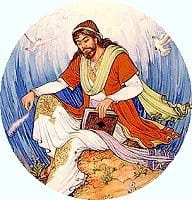
God wants to manhandle us,
Lock us inside of a tiny room with Himself
And practice His dropkick.
The Beloved sometimes wants
To do us a great favor:
Hold us upside down
And shake all the nonsense out.
Excerpted from Tired of Speaking Sweetly, translated by Daniel Ladnisky.
